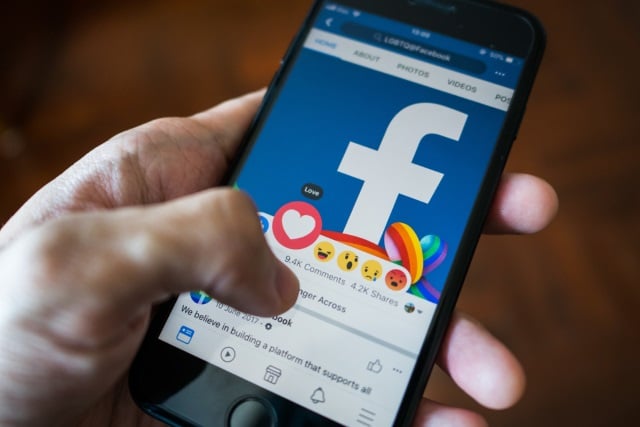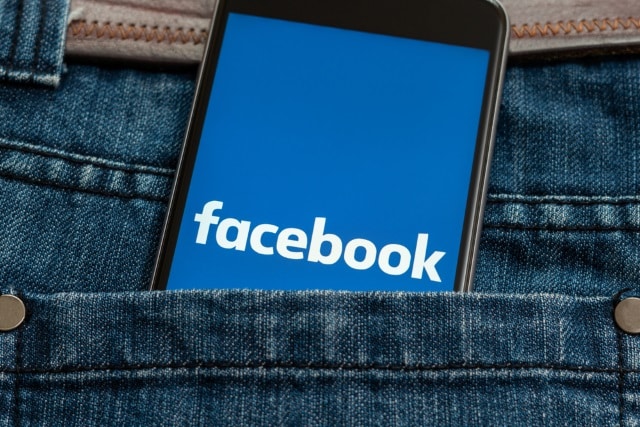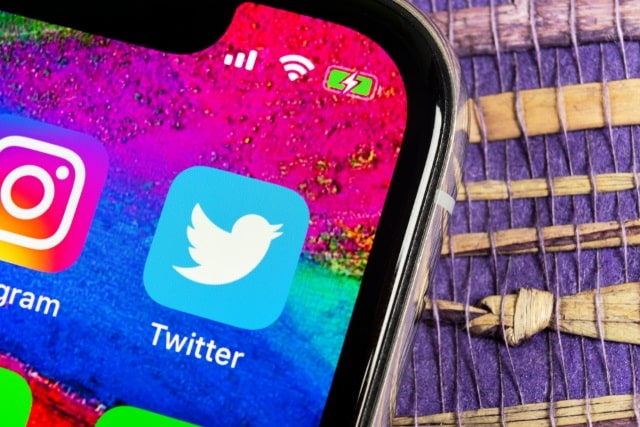
Oops! MySpace has lost 12 years' worth of photos, videos and music
MySpace -- that forerunner of the social networking phenomenon -- appears to have had a bit of an accident. In the process of migrating servers, it seems that the site has managed to lose 12 years' worth of uploaded music and other data.
The slip up means that photos, videos and music uploaded between 2003 and 2015 have been lost forever. This is not a case of data being temporary unavailable; MySpace has lost it, and -- almost unbelievably -- has no backup.

The Internet Archive is trying to save Google+ content before it is deleted
It is now just a couple of weeks until Google+ closes down forever. While few will mourn its passing, there is still a lot of content on Google's social site that is worth preserving. Maybe.
Google+ users have the option of downloading their own data for posterity, but the Archive Team, in conjunction with the Internet Archive, has grander plans: it is looking to archive as much of the site as possible before it is deleted forever.
Flickr says free users can exceed 1,000 photos as Creative Commons images are not counted
When Flickr announced changes to its free accounts, many users were upset to find that they were going to be limited to 1,000 photos unless they were willing to pay for Pro account. On top of this, Flickr said it would be deleting any images that took users over the limit.
But now the company has announced something of a loosening of the rules. Flickr says that all public Creative Commons works on the site are now protected from deletion. There are also new "in memoriam" accounts for deceased members.
Pahahaha! Zuckerberg outlines his, *snort*, privacy-focused vision for Facebook and social networking hahahaha!
Social networking in general, and Facebook in particular, is far from synonymous with the notion of privacy. Facebook makes occasional nods to granting users greater control over their privacy, but at the end of the day, data about users is what makes Mark Zuckerberg's company tick.
But setting out his vision for the future in a blog post, the Facebook founder has set out his "vision and principles around building a privacy-focused messaging and social networking platform". We'd already heard about plans to merge the messaging platforms WhatsApp, Instagram and Facebook Messenger, this is central to his vision of the future. He has bold ideas of encryption and ephemerality playing a large part in increasing privacy, but Facebook will still have to overcome the issue of user trust.

Facebook is adding a Tributes section to memorialized accounts of deceased users
When a Facebook user dies, it is possible to transform their profile into a memorialized account. Facebook describes this as a "place for friends and family to gather and share memories after a person has passed away".
Now the social network is rolling out a new feature for memorialized profiles: Tributes. This is essentially a new section that appears on the page of deceased users where friends and family can post new content about their loved ones.

If you've added your phone number to Facebook for 2FA security, it can be used to search for you
Facebook has been encouraging users to enable two-factor authentication to boost the security of their accounts, but it turns out that there's a slightly sinister side to this feature.
You may well have opted to maintain an element of privacy by omitting personal information such as your address and phone number from your profile. But if you've used your mobile number to secure your account with 2FA, even if it is not visible to others, it can still be used to search for you -- and there is no way to opt out of this.

Twitter is testing a new option to let you hide replies to tweets
There are many demands made of Twitter, but perhaps the most frequently requested feature is an edit option. There's a chance that this will appear in time, but until then there are other concerns for Twitter users.
Abuse and trolling on Twitter -- like other social networks -- is rife, and anyone posting a tweet has to deal with the replies that it may generate... and the responses to those replies. It is already possible to block or mute respondents, but Twitter is currently testing a new tool -- the ability to hide replies.

How to enable the secret, hidden dark mode in Facebook Messenger [UPDATED]
The love of dark mode options in apps and operating systems shows no sign of waning. While a large number of big-names have added dark modes, there are still plenty that need to jump on the bandwagon. One app that has held out is Facebook Messenger, but there is secret dark mode option that you can enable.
Probes into the Facebook Messenger app had already revealed that Facebook was working on darker hues, and it even rolled out to small number of users in the latter part of last year -- but not everyone. Now you can use a little trick to access dark mode in the Android and iOS versions of Messenger for yourself.

YouTube disables comments on videos of minors because of child predator fears
Amid mounting fears about child predators and pedophile rings operating online, YouTube has announced that it is disabling comments on videos that feature minors.
For now, the efforts are focused on videos that feature young children, but in the coming months it will expand to include older minors that YouTube says "could be at risk of attracting predatory behavior". The site is also stepping up its use of algorithms to not only identify videos that contain children, but also to monitor and moderate comments.

Twitter users can now access paywalled Medium content for free
It's the bane of any internet user. You stumble across a link to a fascinating-sounding article and click it only to discover that the site hosting the post is paywalled. Gah!
The Medium platform is one that can include paywalled content, and there's good news for Twitter users. If you access a Medium article via a tweet, it does not matter if it is a paid-for article or not -- you will be able to access it for free.

Cybercriminals earn over $3 billion a year from social platforms
Social media-enabled cybercrimes are generating at least $3.25 billion in global revenue annually according to a new report.
The study released by virtualization-based security company Bromium and researched and written by Dr Mike McGuire, senior lecturer in criminology at the University of Surrey, looks at the range of techniques used by cybercriminals to exploit trust and enable rapid infection across social media.

Privacy: Facebook now lets Android users block background collection of location data
Faced with continued criticism about privacy, Facebook is rolling out an update to Android users that gives a greater degree of control over the sharing of location data with the social network.
Specifically, the update makes it possible to stop Facebook from using tracking your location in the background when you are not using the app. The change brings parity to the iOS and Android Facebook apps.

Facebook says it is 'open to meaningful regulation' following damning report of the 'digital gangster' that considers itself 'ahead of and beyond the law'
A detailed report about fake news by a parliamentary committee in the UK has accused Facebook of being a "digital gangster" that has deliberately broken privacy and competition laws. The report by the Digital, Culture, Media and Sport select committee calls for the social network to be subject to statutory regulation.
The report comes after an 18-month investigation, and it is damning of Facebook and its executives in general, and Mark Zuckerberg in particular. Criticism is levelled at the lack of action taken against fake news and misinformation on the social network, and there is concern that current election laws were not enough to prevent sites such as Facebook being used by hostile foreign agents to interfere with the democratic process.

YouTube is to blame for the increase in Flat Earthers
In recent years it seems that there has been an astonishing increase in the number of Flat Earthers -- people who believe that the Earth is flat, and anything that suggests otherwise is a conspiracy. The thinking is that, for some reason, NASA, international government, scientists and so on are all desperate to convince people that the Earth is round when it is in fact flat.
While Flat Earther numbers are still relatively small, the increasing membership of this school of thought in the face of overwhelming evidence to the contrary is both confusing and worrying. So just what is going on? The rise in internet usage has been blamed for the spread of fake news, conspiracy theories and all manner of bizarre ideas, and a new study has concluded that one particular site is responsible for the increasing support for the Flat Earth theory. That site is YouTube.

Security researcher 'concerned' to find Twitter is not deleting your deleted direct messages
When you delete a direct message on Twitter, it is gone forever, right? From a user's point of view, this is true -- a deleted message vanishes. But a security researcher has discovered that Twitter is actually hanging onto these messages.
Karan Saini found that he was able to see messages he deleted years ago when he downloaded an archive of his Twitter data from the site.
